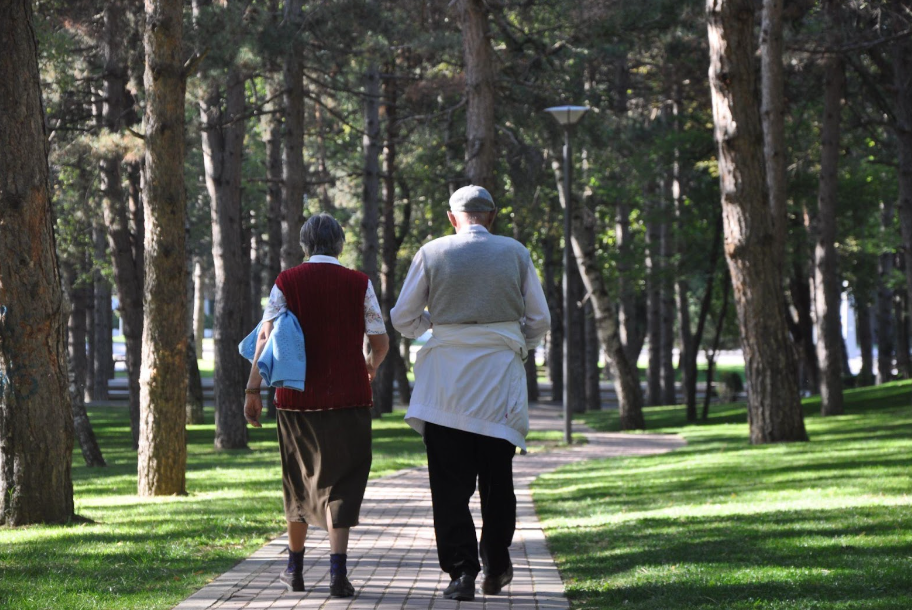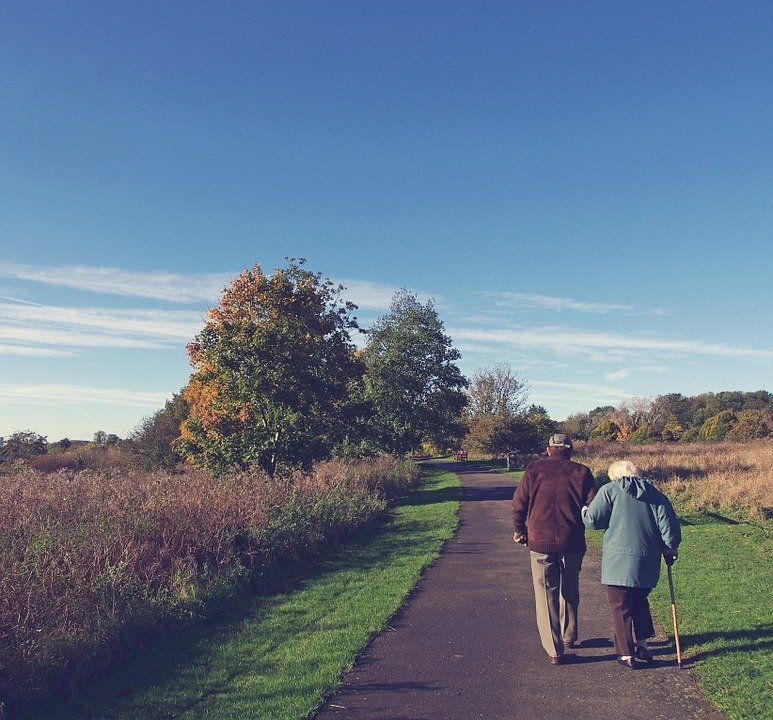
Companion Care for Alzheimer's Patients
- By PatientPoint Launch
- •
- 30 Nov, 2022
Companion Care for Alzheimer's Patients

As per the Alzheimer’s Association, a leading health organization in Alzheimer’s care, support, and research in the United States of America, more than 6 million Americans of all ages will have Alzheimer’s by the end of 2022. It further claims that by 2050, approximately 12.7 million people aged 65 and older will have Alzheimer’s disease.
Alzheimer’s is a neurodegenerative disease that affects a person’s brain cells, memory, thoughts, and behavior. As a progressive disease, people with Alzheimer’s need assistance and professional care round-the-clock. Alzheimer’s patients generally face a situation where they might experience difficulty eating and swallowing, need help to walk, or become susceptible to various infections, especially pneumonia. Read on to learn how to take better care of memory care patients.
Learn about the Disease to Understand a Patient Better
● First and foremost, learn about Alzheimer’s as much as possible. It will help you better understand the disease and the patient’s situation. Start by understanding the different stages of Alzheimer’s and the associated symptoms to plan your course of action well ahead. Usually, people with mild Alzheimer’s disease can function independently; however, they may experience difficulty concentrating or remembering recent events. Those with moderate Alzheimer’s disease suffer from memory loss, confusion, and physical symptoms.
● In contrast to both these stages, people in the final stage of Alzheimer’s disease need help with almost all their daily activities, including moving, walking, and eating. They may also lose awareness of their immediate environment and no longer recognize their family and friends. And this is when a person requires constant assistance. Remember, as Alzheimer’s symptoms worsen with time, the role of a caregiver becomes challenging and requires a multi-dimensional approach.
Last-Stage Care
In the last stage, a person needs extensive care that one cannot provide at home, even with additional assistance. So, you have to move them into a care facility to ensure they get the required service and help and live their lives with dignity.
Testimonies suggest that, initially, families struggle to decide on late-stage care. Then, after much brooding, it is best to move forward without hesitation and shift the person to a place with good care facilities.
Here is a laydown of some of the most critical daily caregiving tasks during late-stage Alzheimer’s disease.
Monitoring Food and Fluids
One essential daily caregiving task is monitoring the person’s need to eat. In the last stage of the disease, they may forget to eat or lose their appetite. Therefore, you must encourage them to eat. Caregivers can accomplish this by adding natural sugar to their food or providing their favorite foods to ensure they eat enough.
At the caregiving center, the resident doctor may suggest supplements to add calories to their diet if they witness weight loss. In addition, the person should also be encouraged to eat on their own. Sometimes, you may also need to tell the person to chew their food correctly.
Difficulty in Toileting
During the final stages of Alzheimer’s disease, the person may experience difficulties and require toileting. Therefore, it becomes essential for the care provider to monitor the person’s routine to plan their journey to the washroom.
Besides, limit the liquid before bedtime; however, ensure the person stays hydrated. You can also use adult diapers at night. It is also critical for the individual to excrete daily. Use natural laxatives such as leafy vegetables, prunes, and raisins, or ensure they consume fiber-rich foods in case of constipation.
Dealing with Bedsore
As the person’s ability to move decreases, they may develop skin breakdown and pressure sores. To ensure this does not happen, you can follow these steps:
- Change the person’s position frequently to relieve pressure and allow proper blood circulation.
- Ensure the person is comfortable and properly aligned.
- Use soft cushions to support their body parts, such as the neck, arms, and legs.
- Ask a nurse how to handle the person physically without inflicting any injury.
Further, keeping the person’s skin clean and healthy is equally essential. Also, it would help if you looked for rashes and sores regularly. You can also consult the doctor and plan a few exercises to ensure the person can perform some physical activity and keep their body active.
Infections
A person with Alzheimer’s disease is vulnerable to multiple infections. Therefore, help them maintain proper hygiene. Over and above that, ensure both the caregivers and the person with Alzheimer’s disease are fully vaccinated to tackle the risk of flu, influenza, and pneumococcal pneumonia.
Understanding the Patient’s Pain
During the final stage of Alzheimer’s disease, it becomes difficult for the patient to communicate the feeling of pain. So instead, look for physical signs and analyze their gestures to determine if they are feeling pain. Remember that anxiety, agitation, trouble sleeping, and shouting can also be signs of distress and pain.
Get in touch with the experts at Premier Homecare, a leading provider of care management and clinical services to the East Texas community in the United States, to offer best-in-class services to your loved one with Alzheimer’s disease. As one of the region’s largest community-based home care providers, it effectively delivers quality healthcare services designed for each patient.


Copyright © 2023 Premier Homecare. All Rights Reserved.





